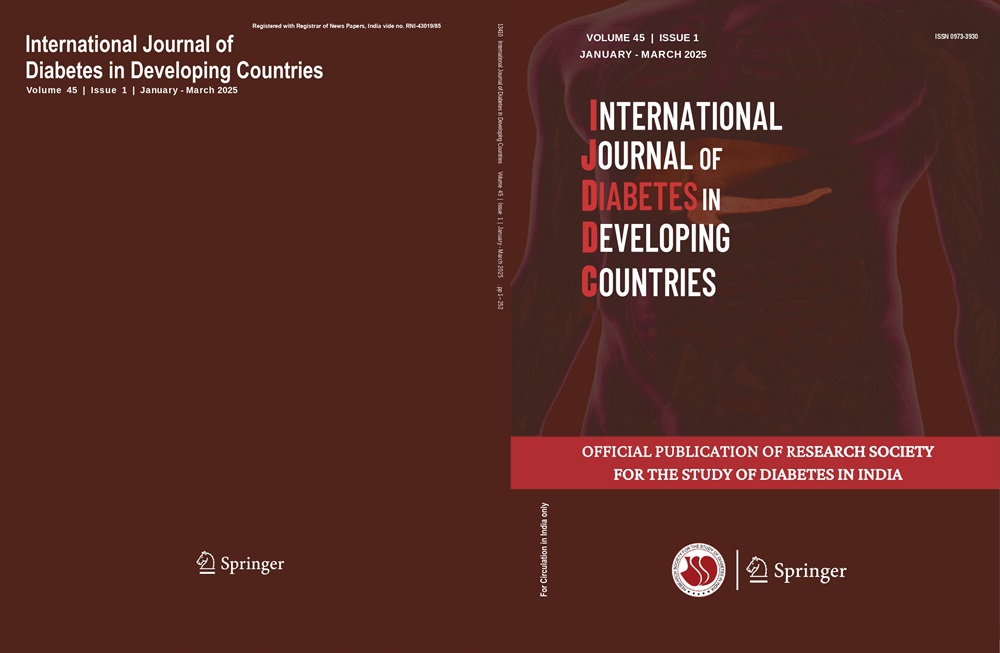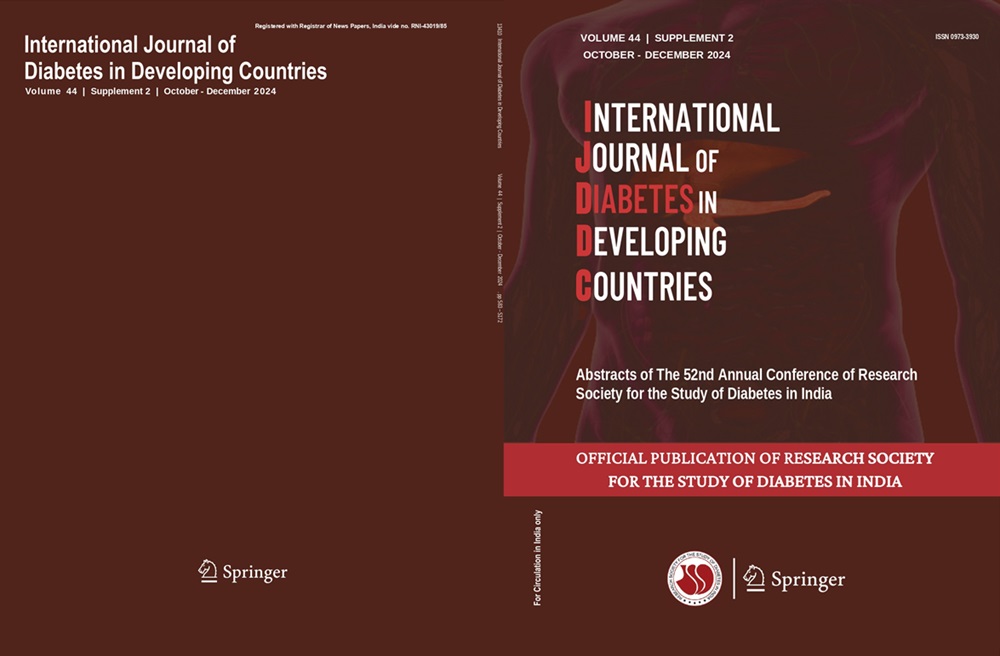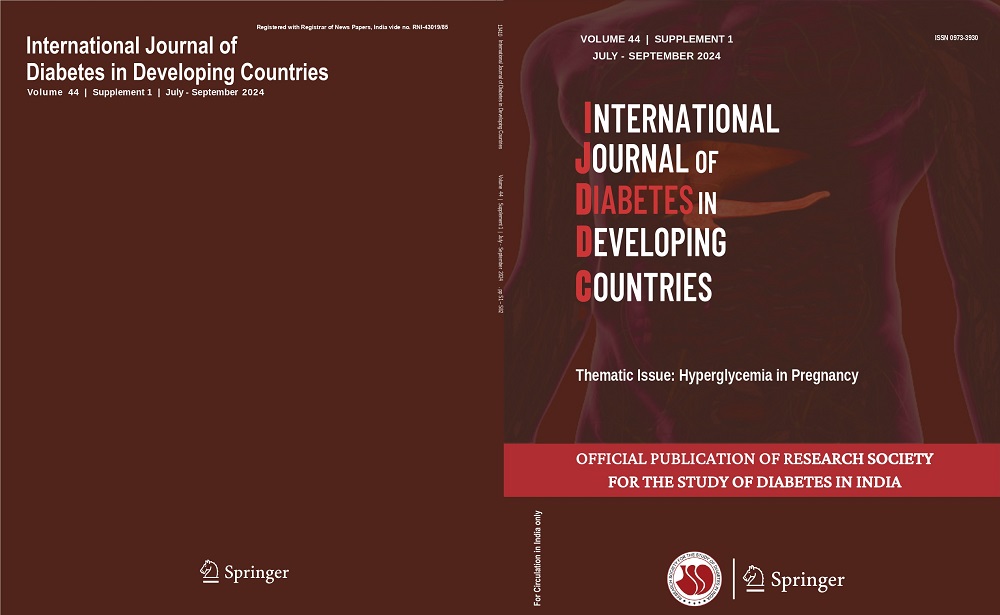Mohammad Tobeiha, Negin Amin, Mohammad Esmaeil Shahaboddin, Mashallah Tabatabaizadeh, Sadegh Jafarnejad
Keywords
Glycemia • Infl ammatory markers • Lipid profi le • Oxidative stress markers • Sesame oil • Type 2 diabetes
Background Sesame oil has several polyphenols with possible anti-diabetic and antioxidative characteristics. However, there is limited evidence for the efficacy of sesame oil on type 2 diabetes mellitus (T2DM) consequences.
Objective We aimed to investigate the effects of sesame oil as one of the safest edible oils and whether it could be an adjuvant therapy to medications in T2DM patients.
Methods Fifty-six patients with T2DM were enrolled in the study. They were randomly divided into two groups, receiving sesame oil (SO) as the intervention group (n = 28) or sunflower seeds oil (SSO) as the placebo group (n = 28) for 8 weeks. We assessed anthropometric, lipid profile, oxidative stress, and inflammatory indicators. We used paired sample t-test/Wilcoxon test and an unpaired t-test to examine the differences among and between the arms.
Results The results showed that malondialdehyde (MDA) was reduced significantly in the SO group (1.33 ± 1.26, p = 0.001). However, the results in the SSO group were vice versa, and MDA noticeably increased in the control group after eight weeks (− 2.08 ± 1.01, p < 0.001). Despite the in-group changes, no significant differences were spotted in anthropometric, glycemia, lipid profile, and inflammatory indicators between both intervention and control groups.
Conclusion Our findings suggest a possible antioxidative effect of sesame oil by decreasing MDA with no effects on other measured outcomes. This is a safe and effective option for relieving oxidative stress, as the supplementation with sesame oil for 8 weeks was not associated with harmful effects.




